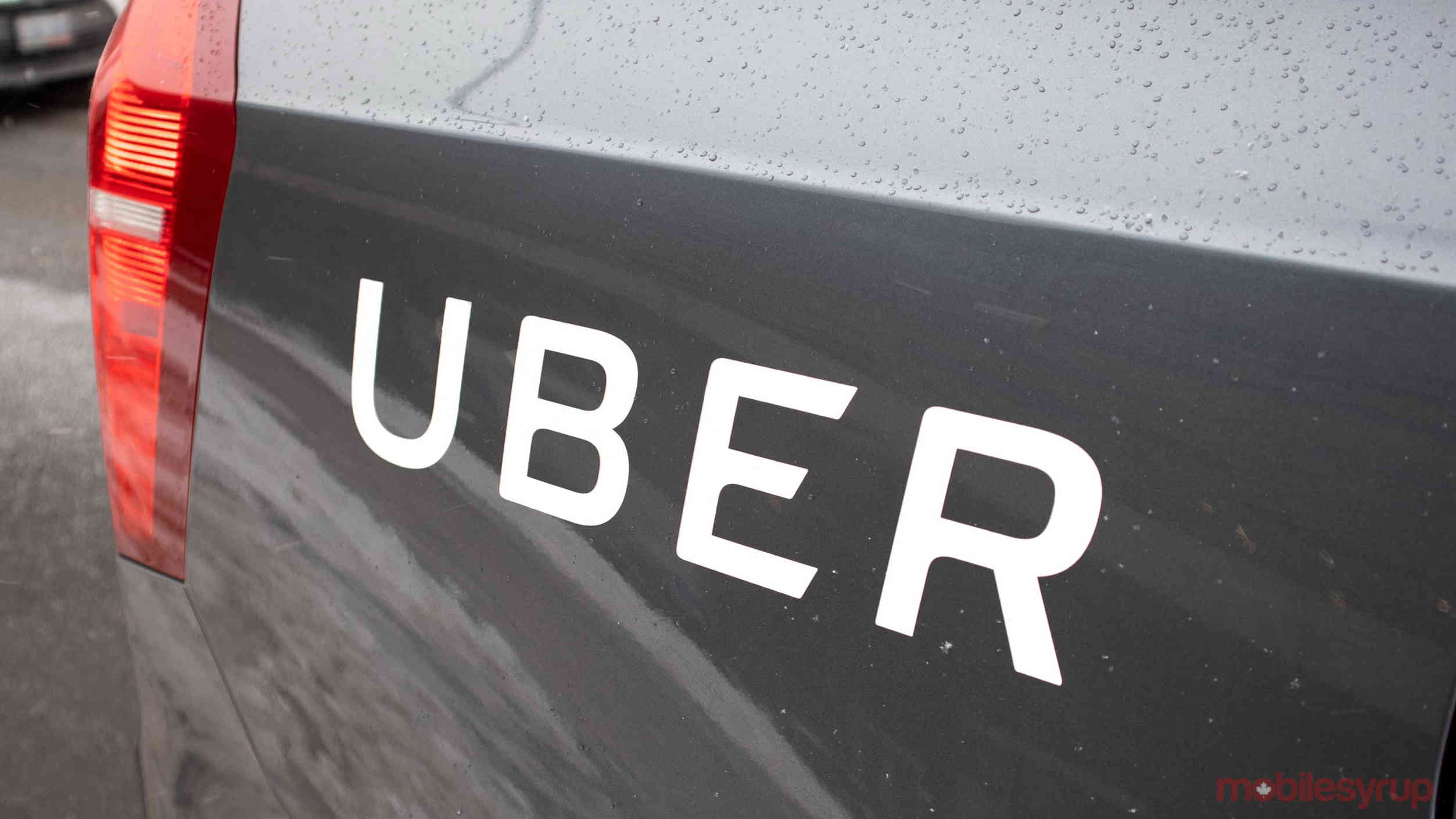
The Supreme Court of Canada sided with a driver in a case about whether workers can settle disputes with Uber through a costly, foreign arbitration process or through Ontario courts. The decision leaves the door open for a proposed $400 million class-action lawsuit against the ride-hailing company.
According to CBC News, an eight-to-one decision by Canada’s highest court ruled that drivers can go to Ontario courts to resolve labour issues. Ultimately, this could open up the possibility of Uber drivers being seen as employees within the meaning of Ontario’s Employment Standards Act.
Previously, Uber challenged an Ontario Court of Appeal decision that found the company’s contract clause, which forces drivers to settle disputes through a costly arbitration process in the Netherlands, “unconscionable” and “unenforceable.” That ruling came after Uber Eats driver David Heller attempted to launch a class-action lawsuit in 2017 to force Uber to recognize drivers as employees instead of independent contractors.
The mediation process came at a personal cost for $14,500 USD (roughly $19,803 CAD) for the driver.
Heller started the legal action after receiving a message on his smartphone asking him to accept changes to how he was compensated for work. Heller agreed to the changes since he was in the process of a delivery at the time and wouldn’t have been paid if he declined.
The Supreme Court ruling said “there was clearly inequality of bargaining power between Uber and Mr. Heller” and that the “arbitration agreement was part of a standard form contract,” leaving Heller powerless to negotiate terms.
Heller’s lawyer, Lior Samfiru, told CBC News that if the court agreed with Uber, then any company could have its workers sign a similar document, which would allow the companies to “do whatever they want with impunity.”
In November 2018, Ontario’s highest court ruled Uber’s clause amounts to illegally outsourcing an employment standard. However, Uber maintained that arbitration, not the courts, was the right way to decide the validity of an arbitration agreement.
The proposed class-action lawsuit against Uber, which hasn’t been certified yet, hopes to provide a minimum wage, vacation pay and other protections under Ontario’s Employment Standards Act to anyway who works for or has worked for Uber in the province since 2012.
Source: CNW
MobileSyrup may earn a commission from purchases made via our links, which helps fund the journalism we provide free on our website. These links do not influence our editorial content. Support us here.


